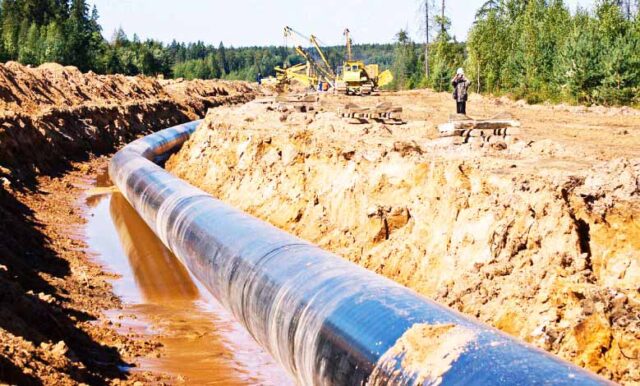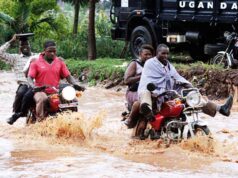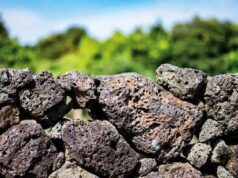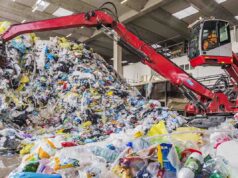By Pauline Akello
The oil industry is a lucrative business which comes with great economic gains, but it is not friendly with the environment.
Recently, there emerged a lot of concern from stakeholders in environmental protection over the East African Crude Oil Pipeline project (EACOP). This sparked debates among stakeholders, especially environmental activists.
The EACOP project is expected to facilitate transportation of oil produced from Uganda’s Lake Albert oilfields to the port of Tanga in Tanzania, where the oil will then be sold onwards to the world market.
Once oil starts to flow, EACOP will enter the operational phase expected to last about 20 years.
The construction is expected to commence in the first half of 2023 in preparation for the first oil in 2025 at an estimated budget cost of between three and four billion US Dollars.
In August 2022, Ugandan online media reported that licensing, registration and shareholding paperwork had been submitted, received and approved by the Insurance Regulatory Authority of Uganda for the Insurance Consortium for Oil and Gas Uganda (ICOGU) to insure the EACOP.
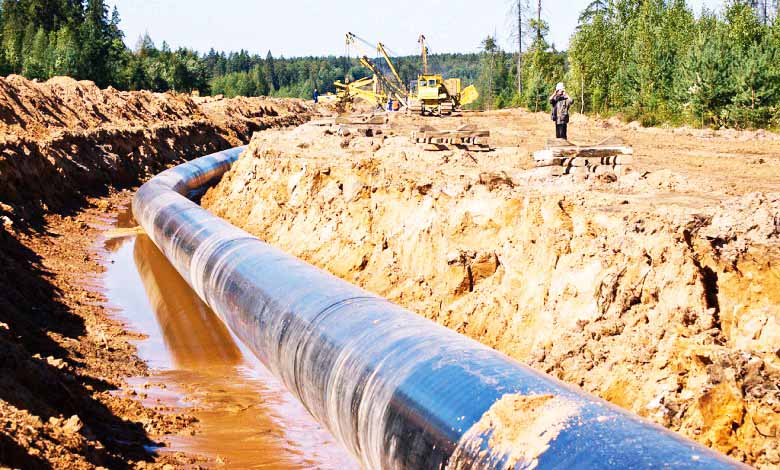
Checks and balances
Frank Muramuzi, the Executive Director of the National Association of Professional Environmentalists (NAPE) calls upon Ugandans to wake up and educate themselves about oil instead of burying their heads in the sand.
“What people do not realize is that oil refinery does not last forever and its effects on human and environmental life are much more adverse than we care to follow. So, thorough protective measures have to be upheld right from inception,” Muramuzi says.
He adds: “Natives can achieve this by calling for change of behaviour of the custodians of the project through conscious and deliberate efforts of monitoring their activities, operations and administrations.”
In September, the European Union raised questions about the actions of energy giant, Total Energies in Uganda, with members of union’s parliament pointing out the eviction and arrests of civillians in the course of the project timeline.
Complications
As with any other oil business, the EACOP has both social and environmental impacts.
The project will and already has displaced thousands of small farmers, and put key wildlife habitats and coastal waters at risk.
In 2020, civil society organizations petitioned funding agencies not to support the project, citing potential social and environmental harm that the pipeline would cause.
The campaigners argued that the world’s longest heated oil pipeline, running through many populated areas, would contribute to poor social outcomes for those displaced.
The activists also cited significant risk on nature and biodiversity given the pipeline is designed to run through large savannah areas that are zones of high biodiversity value, mangroves, coastal waters, and protected areas, before arriving at the coast where an oil spill could be dire.
In the case of EACOP, spills are deemed more likely given its route running through areas with seismic activity.
Critics of the project also point to the negative hydrological impact on the surface and groundwater resources of Lake Turkana.
They also argue that the pipeline will add another major source of oil to the global market, thereby contributing to further air pollution and climate change.
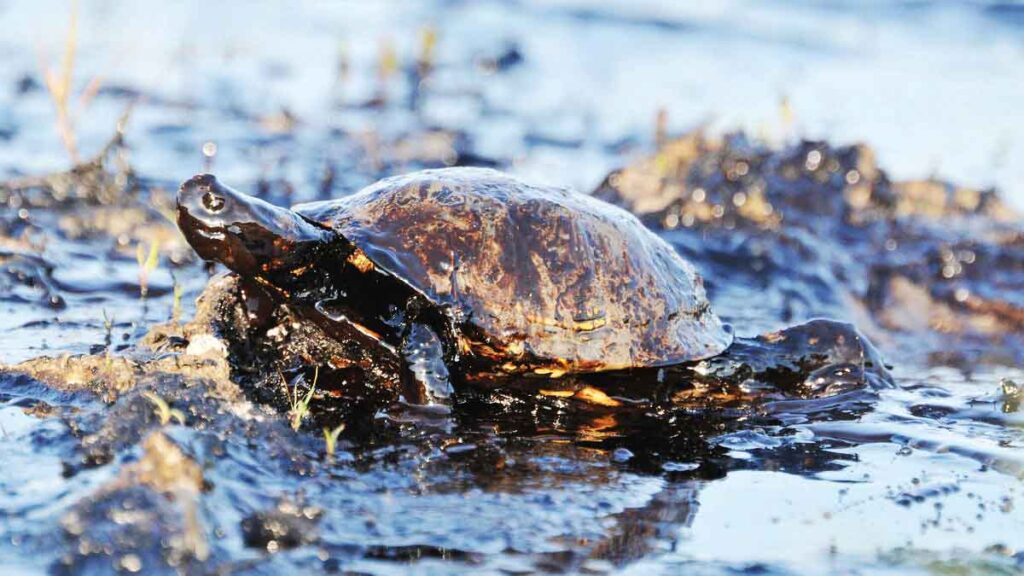
Technicalities of oil
Oil pipelines are made from steel or plastic tubes which are usually buried. The oil is moved through the pipelines by pump stations along the line.
However, much as the pipes are buried, the line needs a wide buffer of land for maintenance.
This, therefore, implies disturbing the soil and destroying trees, natural vegetation and wildlife habitats.
In case of oil spills into the environment, there is always a huge environmental cost, including damages to farmlands, swamps, ground waters, vegetation, and animals.
Human health is also affected due to interaction with polluted water, soil and air.
Oil and gas extraction is generally bad for the environment because they pollute the environment through dangerous emission.
For natural gas pipelines, the greatest risk is associated with fire or explosions caused by ignition of the natural gas.
This can cause significant property damages and injuries or even death.
Moreso, release of methane and carbon dioxide affects the environment and human-health with toxic chemicals and wastes discharged into the air, rivers, drinking water sources, and on land.
These gases contribute to respiratory disease from smokes and air pollution.
Due diligence
Environmentalists under NAPE have appealed to the government of Uganda to study the pertinent issues raised by the European Union Parliament and other stakeholders, and review the EACOP project to avoid adverse implications.
These argue that the pipeline poses outstanding dangers to populations that will be displaced.
They also say the threat to the environment is not something that can be under looked.
















